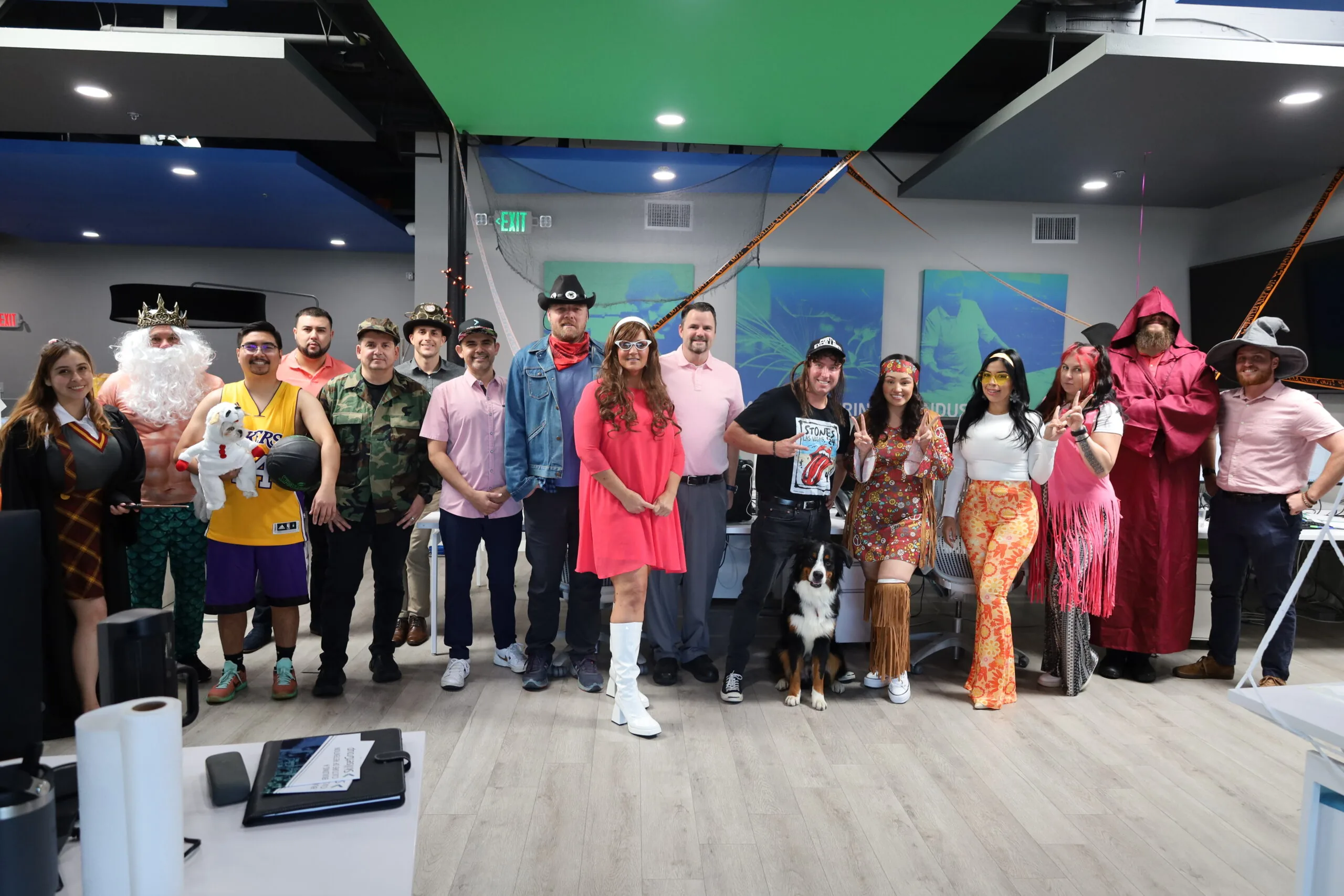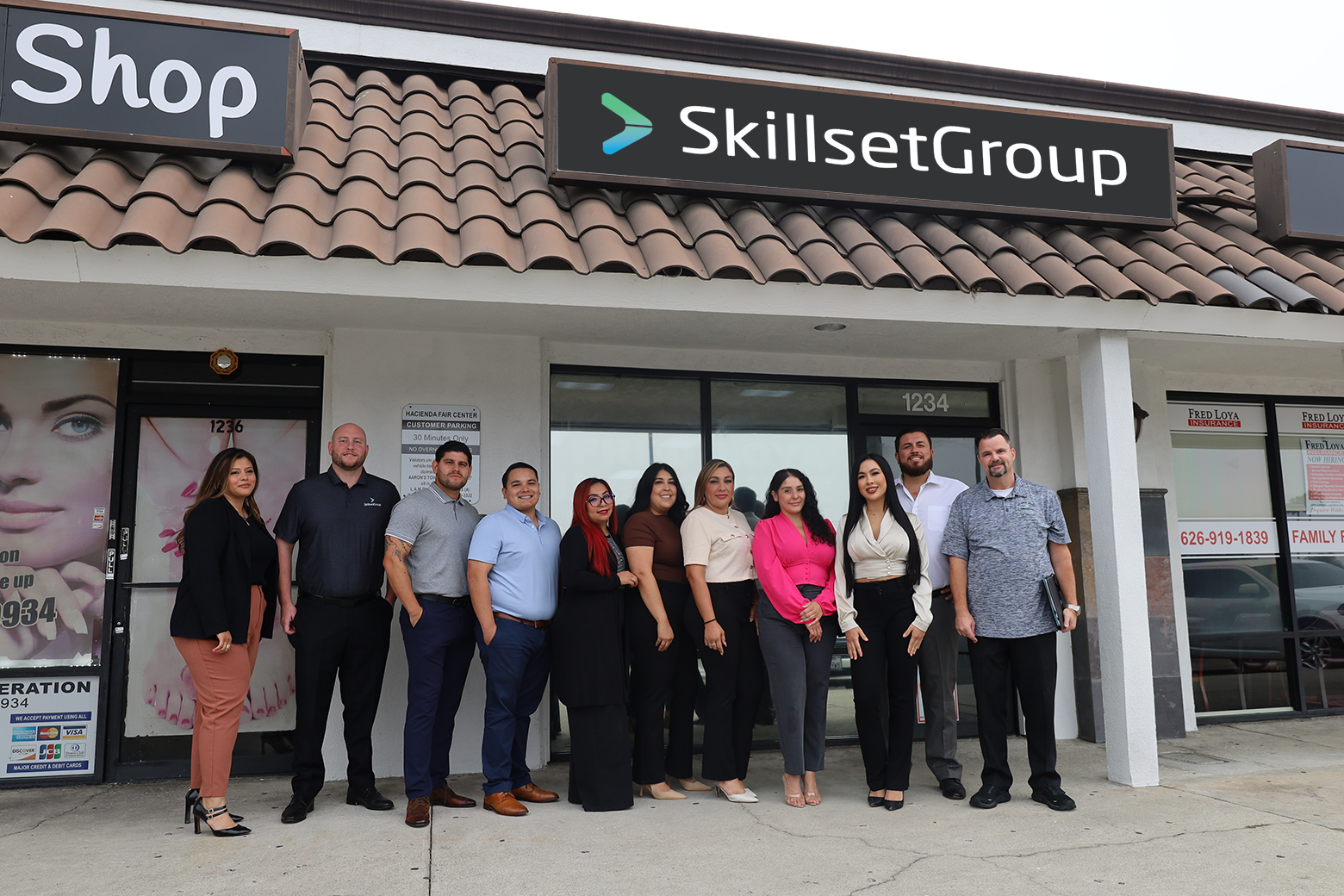Employment trends are continually shifting as new generations enter the workforce, bringing with them unique perspectives, values, and ways of working. Generation Z, commonly referring to those born between 1997 and 2012, is one such cohort drastically transforming the employment landscape. Employers, hiring managers, and business owners face the challenge of understanding and adapting to this generation's preferences and habits, which are often markedly different from their predecessors. This post dives into the shifting dynamics between Millennials vs Gen Z and work, aiming to help professionals bridge the gap and create workplaces that resonate with the next generation.
Gen Z's Unique Approach to Employment
Generation Z is known for their independence and self-reliance, largely influenced by growing up during the Great Recession and witnessing the impact it had on job stability and finances. As a result, they approach employment differently from older generations. Unlike the traditional concept of applying for jobs that some older generations may have, GenX or Millennials vs Gen Z individuals typically have different priorities, often seeking flexibility, purpose-driven work, and opportunities for growth and advancement.
Baby Boomers, Generation X, and Millennials vs Gen Z have a unique outlook on work-life balance. Rather than seeing work and personal life as separate entities, they prefer a more integrated approach, where flexibility in work schedules is no longer a perk but an expectation. Remote work, flexible hours, and a robust work-from-home policy are among the top desired benefits for this group.

The workforce in the Gen Z age places significant emphasis on the ethical conduct of the companies they work for. They are more likely to join companies that align with their personal values and contribute to a societal cause. Employers who can demonstrate a genuine commitment to social responsibility have a competitive edge in attracting and retaining Gen Z age talent.
This generation understands the rapidly changing landscape of work and the importance of staying relevant. They expect employers to provide clear pathways for growth, offer frequent performance reviews, and provide training and development opportunities to help them evolve their skills continuously.
Challenges in Reaching Gen Z: Understanding the Causes
One of the most pressing challenges for employers today is the difficulty in securing and retaining Gen Z age talent. This generation's unique characteristics—such as a preference for digital communication, a reliance on technology, and a dislike for long, drawn-out processes—often lead to misunderstandings and mismatches when it comes to recruitment and onboarding.
Gen Z grew up with instant messaging, social media, and video calls. They prefer quick and informal communication rather than the traditional, formal channels that older generations may be accustomed to. This shift in communication style can create a disconnect during the hiring process if the employer does not adapt their methods to meet Gen Z's expectations.
Technology plays a pivotal role in the lives of Gen Z, who have never known a world without smartphones and the internet. They expect employers to leverage the latest tools and platforms for a seamless recruitment process. Companies that fail to provide a user-friendly and technologically advanced experience may be overlooked by Gen Z candidates.
Gen Z has a notoriously short attention span, and lengthy application and interview processes can drive them away. Traditional hiring practices that involve multiple rounds of interviews and extensive background checks can seem outdated and unnecessary to Gen Z, who are more used to efficient and streamlined interactions.

Adapting to Gen Z's Expectations in the Workplace
Employers need to recognize the unique traits of Gen Z and make strategic adjustments to their approach in order to effectively attract and retain this talent. These adaptations are not about giving in to demands but about creating a more dynamic and modern workplace that can cater to the needs and preferences of this emerging workforce.
Gen Z values authenticity and transparency—qualities that should be reflected in an employer's brand. Employers must communicate their values, company culture, and work environment openly and honestly to build trust with potential candidates.
To appeal to Gen Z candidates, companies need to simplify and accelerate their hiring processes. This could involve utilizing video interviews, reducing the number of interview rounds, and providing prompt feedback to candidates.
Employers must emphasize career development opportunities to attract and retain Gen Z. This could include clear career paths, mentorship programs, and regular skill-building initiatives. organizations that invest in their employees' growth demonstrate a commitment to their future and overall success.

The Future of Work with Gen Z
Gen Z is poised to have a significant impact on the future of work. As they continue to enter and reshape the workforce, businesses that can adapt to their preferences will thrive. This does not imply a complete overhaul of workplace culture, but rather a strategic shift towards modernizing certain aspects to accommodate the expectations of this tech-savvy generation.
Employers have the opportunity to lead the charge in creating a workplace that resonates with Gen Z. By embracing change and innovation, they can set the stage for a more inclusive and dynamic work environment that appeals to a broader range of talent.
Building a company culture that values the contributions of all generations requires a collective effort. Businesses must encourage open dialogue, flexibility, and continuous improvement to ensure that their culture remains relevant and attractive to Gen Z.
Navigating the Transition: Flexibility and Adaptability
The transition to a more Gen Z-friendly workplace will not be without its challenges. Flexibility and adaptability on the part of both employers and employees will be crucial in navigating this shift and ensuring that the changes benefit all parties involved.
In conclusion, understanding and responding to Gen Z employment trends is of paramount importance for businesses looking to remain competitive in the ever-evolving job market. By recognizing the preferences and needs of this generation, employers can create an environment that fosters engagement, productivity, and loyalty. The future belongs to those who listen, learn, and adapt—now is the time to do just that with Generation Z.

A Pink Halloween: Supporting Breast Cancer Awareness Month
Each year, SkillsetGroup likes to get in the holiday spirit in different ways. In the past we have done our decoration contests for Halloween with each office vying to take the lead. This year, we…
Read More

Aerospace Engineering: Let Your Career Take Flight
Imagine a world where you can design the spacecraft that ventures into the depths of space or the cutting-edge aircraft that revolutionizes air travel. Aerospace engineering is at the core of these innovations, making it…
Read More

Human Resources: Becoming a Vital Resource for Your Company
The field of Human Resources (HR) is more than just a department that handles hiring and firing. For many, it’s a gateway to a fulfilling career path. But how do you penetrate this indispensable sector?…
Read More

Celebrating Our Team: Interviews with Staffing Professionals
We appreciate and value each and every one of our employees here at SkillsetGroup, and so we want to hear from them. What they think about their time at the company, what they have learned…
Read More

